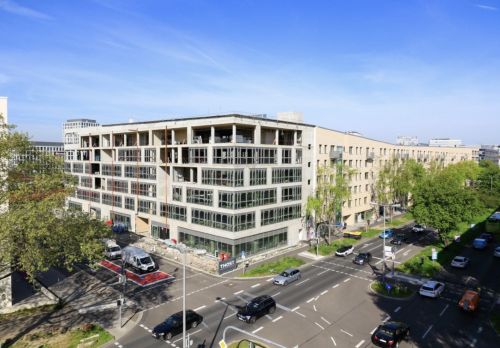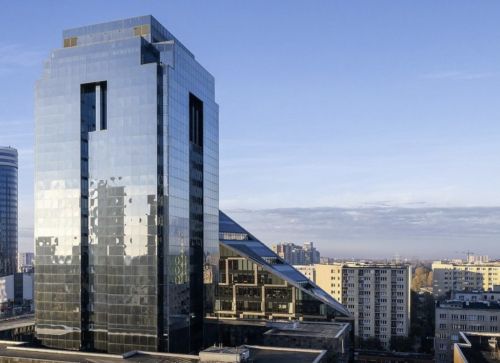The tension related to the situation in Greece intensified all through June. It was only in May that the increasingly likely scenario of a Grexit from the eurozone started to obsess the minds of investors. The decision by the Greek government to discontinue fiscal reforms meant that aid from the International Monetary Fund was stopped. This in turn has led to the de facto bankruptcy of Greece. The government of the country then entered a game of brinkmanship with the European authorities and in the end decided to carry out a referendum anyway, in which its citizens would decide whether to adopt draconian cuts as a ‘payment ‘ for the aid granted. But the situation has long since ceased being one that politicians could control – the closure of the stock exchange in Athens, as well as the banks and limits on cash withdrawals, were not enough to prevent a rejection of the deal on offer in the referendum. The tension, the twists, the never-ending “last chance saloon&




























































